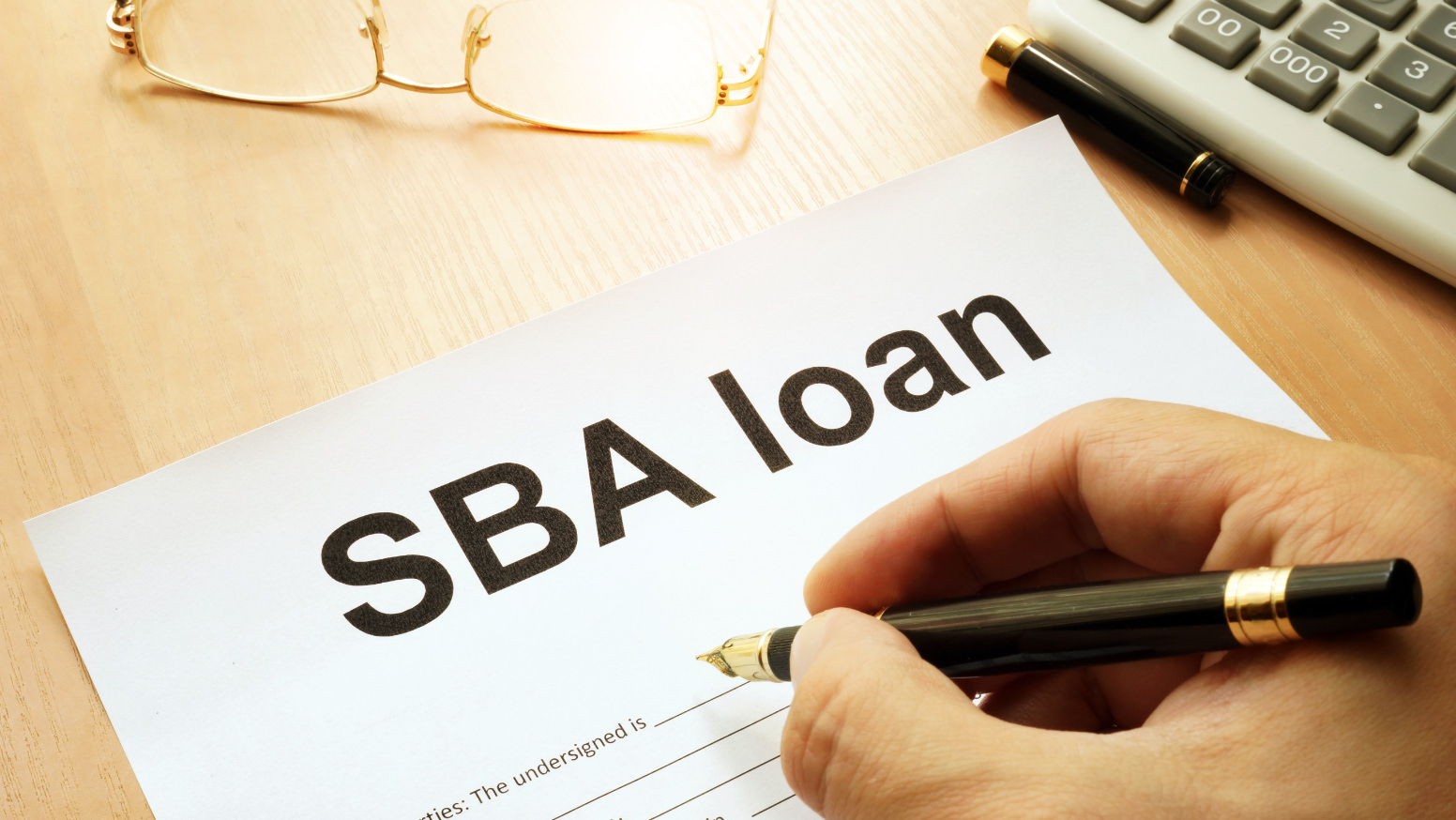The 7(a) loan program is the SBA’s flagship loan guaranty program. In fiscal year (FY) 2013, the 7(a) loan program provided 46,399 federal loan guarantees on approximately $17.9 billion of privately originated small business loans. Congress established the SBA 7(a) loan program (named after section 7[a] of the Small Business Act) in 1953. The program is designed to serve creditworthy small business borrowers who cannot otherwise obtain credit at reasonable terms and do not have other sources of financing.
How Does this Program Work?
The program provides lenders with a guaranty that if a loan defaults, the SBA will pay off the federally guaranteed portion of the remaining loan balance. These loans are available on a guaranteed basis to for-profit businesses that meet the SBA’s eligibility requirements, which include the following:
1. The business must be small, as defined by the SBA;
2. The business must not engage in prohibited activities;
3. Proceeds of the loan must be used for an eligible purpose;
4. The transaction must meet other SBA requirements.
What can I do with an SBA 7(a) loan?
Proceeds can be used to purchase machinery, equipment, fixtures, and supplies; make improvements to land and buildings; finance receivables and augment working capital; acquire and start businesses; and refinance existing debt under certain conditions.
Maximum Loan Amount and SBA Guaranty
For the lender, the regular 7(a) loan program can provide as much as an 85 percent guaranty for loans of $150,000 or less, and as much as a 75 percent guaranty for larger loans. The maximum 7(a) loan amount is $5 million. There is no minimum loan amount. The conditional guaranty covers a portion of the risk of payment default by the borrower, but not the risk of improper closing and servicing by the lender.
Loan Structure
Regular 7(a) loans are term loans with regular monthly payments of principal and interest and an established maturity date. Lenders and borrowers may negotiate interest-only payments during start-up and expansion phases of a project, when eligible. Balloon payments or call provisions are not allowed. A lender may not charge a borrower a prepayment penalty if the loan is paid off before maturity.
The rate and term of a loan are based on negotiations between the lender and borrower, subject to the SBA’s maximums. The interest rate can be fixed or variable. The SBA guaranty is not a substitute for collateral, and the SBA expects each loan to be prudently secured. The SBA does not, however, decline requests to guarantee loans if the only unfavorable factor is insufficient collateral, provided the borrower offers all collateral it has available to secure the loan.
Unconditional Guaranty
This is a topic of an upcoming blog post, but sufficed to say, as a guarantor on an SBA loan, you may have unlimited personal liability in the event the loan defaults and liquidation of the business assets is insufficient to pay the loan in full. A spouse’s guarantee is frequently required, but can sometimes provide for limited liability, perhaps to the extent of his/her martial interest in a piece of pledged property. For example, if a homestead is pledged as collateral, it may be necessary to secure the spouse’s consent, even if he/she has nothing to do with the business.
Need More Information?
SBA Loans can be a powerful financial tool, but they can also expose guarantors to substantial risk of loss. If you would like more information about this topic, contact the SBA loan default attorneys at the Perliski Law Group at (214) 446-3924 for a free consultation.

